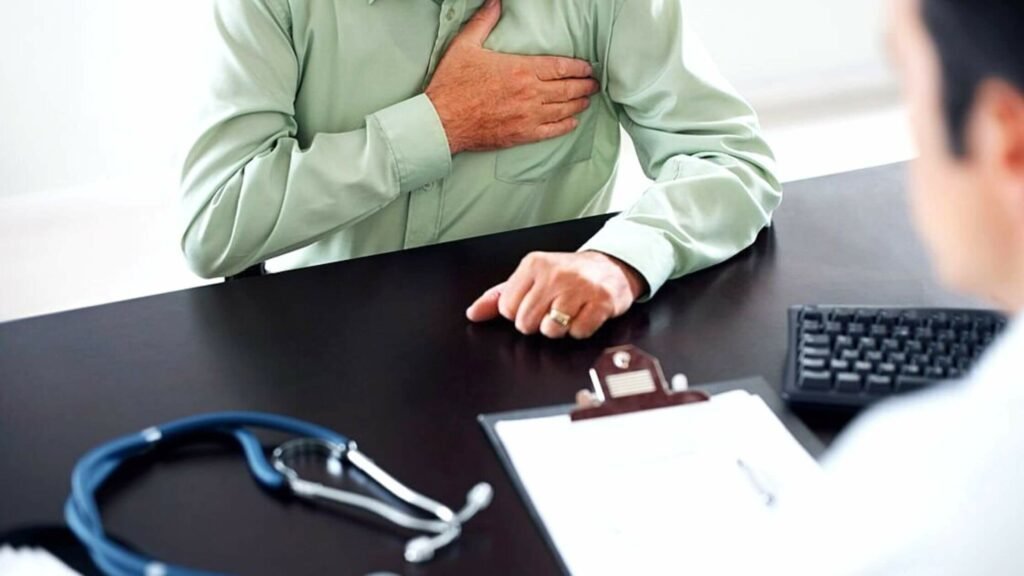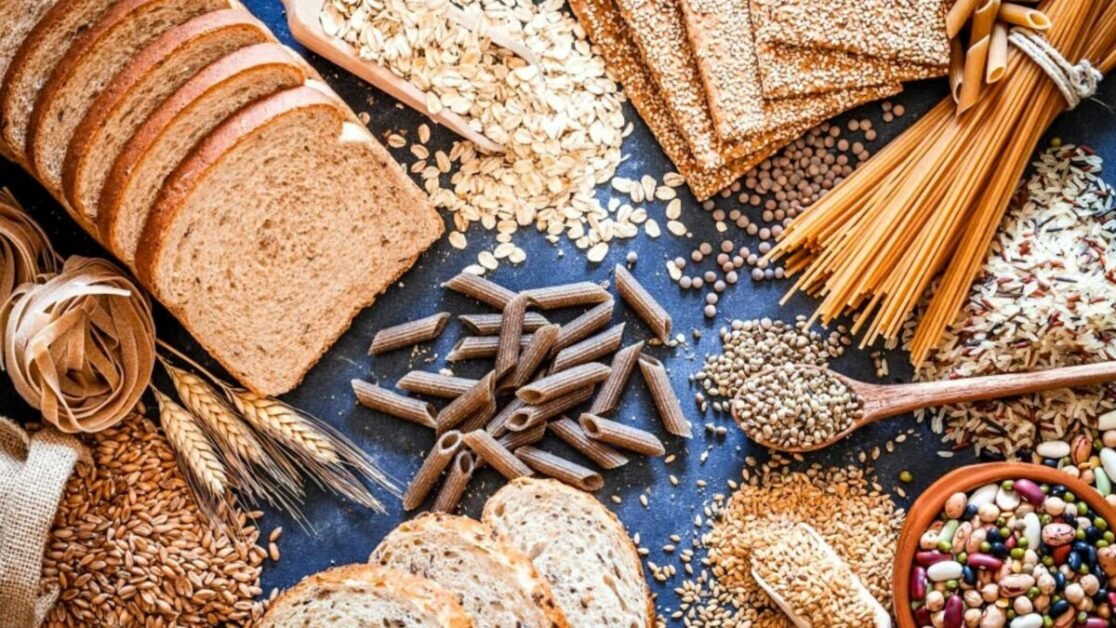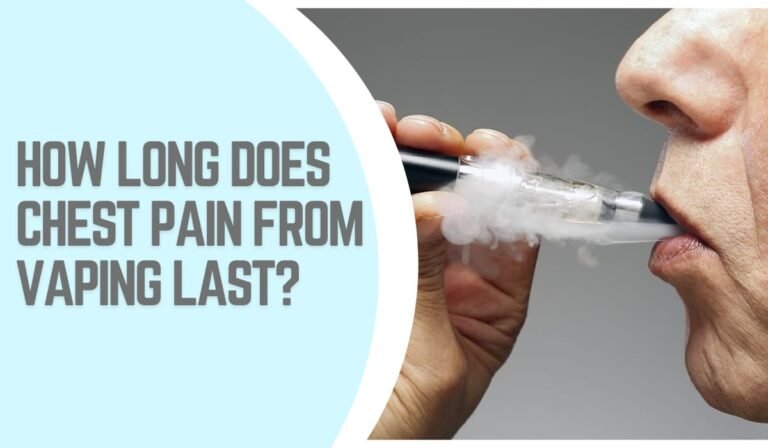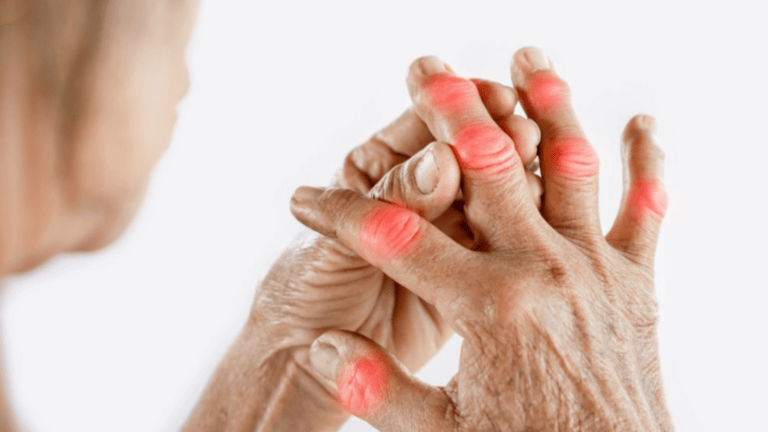How To Relieve Chest Pain Due To Gas? Best Home Remedies!

When you have chest pain, it’s essential to know whether it’s caused by gas or something more serious.
Gas pain can feel sharp, stabbing, dull, and aching. It can happen when gas accumulates in your stomach and intestines.
Best Methods To Treat Gas Pain
There are several things you can do to relieve gas pain:
– Take a warm bath or shower.
– Place a heating pad on your stomach or chest.
– Sit up straight and avoid slouching.
– Walk around to help move gas through your intestines.
– Avoid wearing tight clothing.
– Try over-the-counter medications, such as simethicone, to help relieve gas.
You must see a doctor if you’re experiencing chest pain that’s not relieved by gas pain remedies. Chest pain can be a heart attack symptom, so it’s essential to get medical help immediately.

Symptoms Of Gas Pain In The Chest
It can be difficult to tell the difference between gas pain and other types of chest pain, but there are some key symptoms to look out for. Gas pain is often caused by swallowing air, eating certain foods, or drinking carbonated beverages.
It can also be the result of indigestion or a gastrointestinal disorder. If you experience any of the following symptoms, you may be experiencing gas pain in the chest:
1. Sharp, stabbing pain: This is the most common symptom of gas pain. The pain may be localized to one area or may radiate throughout the chest. It can be accompanied by a feeling of pressure or fullness in the chest.
2. Burning sensation: This symptom is often described as a heartburn-like sensation. It may be worse after eating or drinking.
3. Belching or burping: This is a common symptom of gas pain. You may feel the need to belch or burp to relieve the discomfort.
4. Bloating: This symptom is often associated with gas pain. You may feel bloated or full after eating, even if you haven’t eaten a lot.
5. Nausea or vomiting: These symptoms may be caused by gas pain or another underlying condition. If you experience nausea or vomiting along with other symptoms, it’s important to see a doctor to rule out other potential causes.

If you experience any of these symptoms, it’s important to see a doctor to rule out other potential causes of chest pain. Gas pain is often harmless and will resolve on its own. However, if the pain is severe or accompanied by other symptoms, it’s important to seek medical attention.
Causes Of Gas Pain
If you experience gas pain in your chest, it is most likely caused by trapped air or gas in your esophagus or stomach. This can happen after eating or drinking, or even after belching.
There are several other potential causes of gas pain in the chest, including:
• Heartburn: Acid reflux can cause gas pain in the chest.
• Indigestion: This is often caused by eating too much, too fast, or by eating fatty or spicy foods.
• Swallowing air: This can happen if you chew gum, smoke, or eat too quickly.
• Gastroesophageal reflux disease (GERD): This is a more serious condition that can cause gas pain in the chest.
How Long Do Gas Pains Last In The Chest?
If you’re experiencing gas pains in your chest, you’re probably wondering how long they’ll last. There isn’t a universal solution to this problem, which is unfortunate. Gas pains can last for a few minutes, or they can last for hours or even days.
The severity of your gas pain will also play a role in how long it lasts. If your gas pain is mild, it’s likely to go away on its own within a few minutes. However, if your gas pain is severe, it may last for several hours or even days.
How Can You Tell The Difference Between Gas And Heart Pain?
When it comes to chest pain, it can be hard to know what’s what. Is it gas? Is it heartburn? Or is it something more serious, like a heart attack?
Here’s a quick rundown of the main differences between gas pain and heart pain:
1. Gas pain is usually short-lived and goes away independently, while heart pain can be more persistent.
2. Gas pain is often described as a “gnawing” or “cramping” feeling, while heart pain is typically more of a “pressure” or “squeezing” sensation.
3. Gas pain is usually relieved by passing gas, while heart pain is not.
4. Gas pain is more likely to be felt in the upper abdomen, while heart pain is more likely in the chest.
5. Gas pain is unlikely to be accompanied by other symptoms like shortness of breath, while heart pain may be.
If you’re ever unsure whether your chest pain is gas or something more serious, it’s always best to avoid caution and see a doctor.
Home Remedies For Gas Pain In The Chest
We all experience gas pain from time to time. It’s that uncomfortable feeling when you know you need to burp but can’t. Or when you have pain in your chest after eating.
You can do a few things to get rid of gas pain. Some home remedies may work better for you than others.
1. Drink Plenty Of Fluids
This will help keep your digestive system moving and prevent dehydration.
2. Eat Smaller Meals
Eating smaller meals more often can help to reduce the amount of gas in your system.
3. Avoid Foods That Cause Gas
Some foods are more likely to cause gas. These include beans, cabbage, Brussels sprouts, and broccoli.
4. Exercise
Exercise can help to move gas through your system.
5. Try Over-The-Counter Medications
Some over-the-counter medications can help with gas pain. These include simethicone and loperamide.
6. Apply Heat Or Cold
Applying heat or cold to your stomach can help to relieve gas pain.
7. Try Herbal Teas
There are a few herbal teas that can help with gas pain. These include ginger tea and chamomile tea.
8. See Your Doctor
If home remedies don’t work or if you’re experiencing severe gas pain, you should see your doctor. To help, they might be able to recommend medication.
Gas pain is usually not a severe medical condition. However, you should see your doctor if you’re experiencing severe pain.
5 Foods That Cause Gas
We all know that feeling all too well. That moment when you let out a little toot, and everyone around you goes silent. Or when you’re in a meeting, you have to let out a big one.
Yeah, gas happens to all of us. But did you know that certain foods can cause gas? Here are 5 of them:
1. Bean’s Gastric
Beans are common gas-producing food. They include oligosaccharides, a form of carbohydrate that the body is unable to process. This leads to fermentation in the intestines, which produces gas.

2. Dairy Products
Milk, cheese, and yogurt are dairy products that contain lactose. Lactose is sugar the body needs to break down with an enzyme called lactase. If you’re lactose intolerant, your body doesn’t produce enough lactase, and the lactose fermentation in your intestines produces gas.

3. Carbonated Beverages
Carbonated beverages, such as soda and sparkling water, contain carbon dioxide. When you drink them, the carbon dioxide is released into your intestines, where it forms gas.

4. Fiber Products
The body cannot digest fiber, a particular type of carbohydrate. It passes through the intestines undigested, which can lead to gas.

5. Fats In Nutrition
Fat is a type of nutrient that the body breaks down slowly. This slow breakdown can lead to fermentation in the intestines and gas.
If you’re experiencing gas, try avoiding these foods for a while to see if it makes a difference.

Final Thoughts
Like many people, you’re probably seeking ways to relieve chest pain. Maybe you have heartburn, or you’re just feeling a slight tightness in your chest.
Whatever the reason, you can do a few things to help ease the discomfort. First, try to identify the source of the pain. If it’s heartburn, you may be able to find relief by taking an antacid. If the pain is due to gas, you may be able to help by avoiding foods that cause gas or by taking a mild laxative.
You should see a doctor immediately if the pain is due to something more serious, such as a heart condition. Try your best to maintain your composure while waiting. Taking deep breaths can help ease the pain, as can placing a warm, wet cloth on your chest.
Dr. Edward Zelman
Dr. Edward Zelman is a distinguished and highly respected medical professional who has dedicated his career to the field of general medicine. With a profound commitment to patient care and a wealth of knowledge acquired over decades of practice, Dr. Zelman has earned a reputation as a trusted healthcare provider in his community. With a career defined by excellence and an unwavering commitment to the betterment of his patients and the broader community, Dr. Edward Zelman stands as a pillar of the medical field, dedicated to the principles of healing and compassionate care. At present, Dr. Edward Zelman is researching safe and effective natural remedies that can restore as well as maintain the youthful functioning of the body.
View All By Dr. Edward






